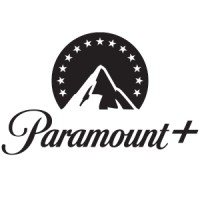Universal Music Group
2220 Colorado Avenue, None, Santa Monica, California, US, 90401
Last Update: 2025-11-20
Universal Music Group (UMG) is the world leader in music-based entertainment, with a broad array of businesses engaged in recorded music, music publishing, merchandising and audiovisual content in more than 60 countries. Featuring the most comprehensive catalog of recordings and songs across every musical genre, UMG identifies and develops artists and produces and distributes the most critically acclaimed and commercially successful music in the world. Committed to artistry, innovation and entrepreneurship, UMG fosters the development of services, platforms and business models in order to broaden artistic and commercial opportunities for our artists and create new experiences for fans. Universal Music Group's labels include A&M Records, Astralwerks, Blue Note Records, Capitol Christian Music Group, Capitol Records, Capitol Records Nashville, Caroline, Decca, Def Jam Recordings, Deutsche Grammophon, Disa, Emarcy, EMI Records Nashville, Fonovisa, Geffen Records, Harvest, Interscope Records, Island Records, Machete Music, MCA Nashville, Mercury Nashville, Mercury Records, Motown Records, Polydor Records, Republic Records, Universal Music Latino, Verve Label Group, Virgin Records, Virgin EMI Records, as well as a multitude of record labels owned or distributed by its record company subsidiaries around the world. UMG's catalog is marketed through two distinct divisions, Universal Music Enterprises (in the U.S.) and Universal Strategic Marketing (outside the U.S.). UMG also includes Universal Music Publishing Group, one of the industry's premier music publishing operations worldwide and Bravado, the leading provider of consumer, lifestyle and branding services to recording artists and entertainment brands around the world. Universal Music Group is a Vivendi company. Find out more at: http://www.universalmusic.com. View our current career opportunities at: http://www.umusiccareers.com
NAICS: 71
NAICS Definition: Arts, Entertainment, and Recreation
Employees: 18,381
Subsidiaries: 5







